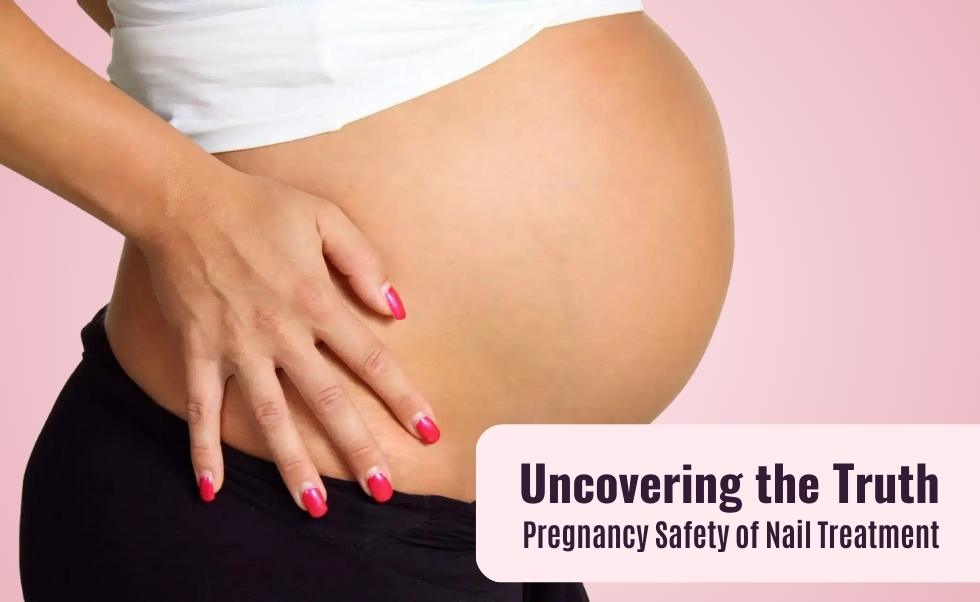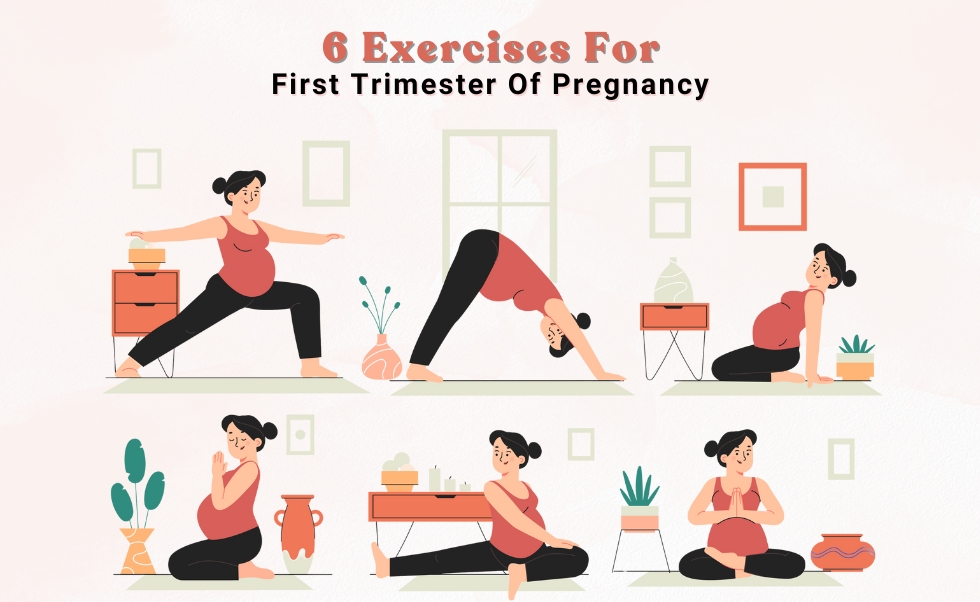When trying to conceive, many couples wonder about the optimal frequency of sexual intercourse. The question arises: Can having too much sex affect our chances of getting pregnant? Understanding how frequency impacts fertility, along with other crucial factors such as age, can help couples make informed decisions during their journey to parenthood.
How will the Frequency of sex affect Conception?
The key to getting pregnant lies in timing intercourse around ovulation, the period when a woman releases an egg from her ovary. This typically occurs around the middle of the menstrual cycle. Sperm can live inside a woman’s body for up to five days, while the egg is viable for about 12-24 hours. Therefore, having sex in the days leading up to and during ovulation increases the chances of conception.
Can Too Much Sex Be Detrimental and affect the chances of pregnancy?

The notion that too much sex can harm fertility is largely a myth. Regular sexual activity is beneficial for conception, as it ensures that healthy sperm are readily available to fertilize the egg. However, there are a few considerations to keep in mind, such as the impact of age, lifestyle factors, and underlying health conditions on fertility.
- Sperm Quality: Frequent ejaculation can slightly reduce sperm count and semen volume. For most healthy men, this reduction is minimal and does not significantly impact fertility. If a man has a low sperm count, doctors may recommend having sex every other day during the fertile window to maximize sperm quality.
- Physical and Emotional Stress: Trying to have sex multiple times a day, every day, can become physically and emotionally exhausting for some couples. This stress can, in turn, affect sexual performance and the overall enjoyment of the process. It’s important to remember that maintaining a balance is essential to avoid burnout and preserve intimacy. You’re in control of your journey to parenthood.
What is the Optimal Frequency of sex for Conception
For most couples, having sex every 2-3 days throughout the cycle ensures that sperm are always present in the reproductive tract, ready to meet the egg when ovulation occurs. During the fertile window (the five days leading up to and including ovulation), increasing frequency to daily or every other day can further enhance the chances of conception.
Myth vs. Reality
- Myth: Having sex too frequently will deplete sperm count and reduce the chances of pregnancy. Reality: While very frequent ejaculation can temporarily lower sperm count, it typically does not reduce it to levels that prevent conception. Regular intercourse, especially during the fertility window, can increase the chances of pregnancy.
- Myth: Couples must have sex every day to conceive. Reality: Having intercourse every 2-3 days during the fertility window is usually sufficient for most couples trying to conceive. Daily sex is not necessary and may add unnecessary stress.
Having too much sex does not negatively impact the chances of getting pregnant for most couples. The focus should be on timing intercourse around ovulation and maintaining a healthy, stress-free approach to conception. By understanding the role of frequency and implementing helpful strategies, such as having sex every 2-3 days throughout the cycle and increasing frequency during the fertile window, couples can optimize their chances of welcoming a new addition to their family.







